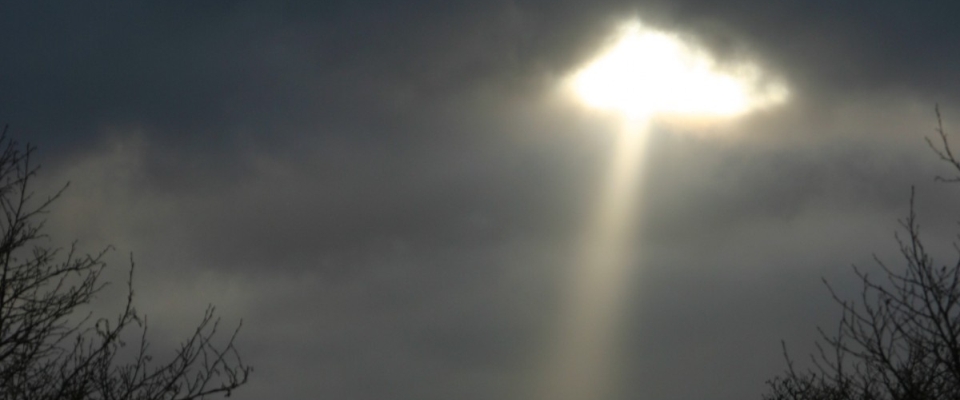“The Meaning Of Tisha B’AV” (Kabbalah)
Kabbalah published my new article: ““The Meaning Of Tisha B’AV” (Kabbalah)”
Tisha B’Av (the 9th of Av) is a very significant state in human development.
Tisha B’Av serves as a memorial of the destruction of the Holy Temple. According to the wisdom of Kabbalah, this ruin represents our loss of awareness of our unification as a single soul, which the Holy Temple represents. It is a state that Kabbalah also calls the “breaking” or “shattering” of the vessels.
The immense importance of the breaking of the vessels is that there can be no complete correction and unification without having undergone corruption and shattering.
Tisha B’Av thus represents two polar opposite states:
Sorrow and crying from the forecast of the impending breakage, with the understanding that we need to do everything in our power to withstand it, i.e., to hold onto our unification against the increasing pressure to shatter our unification to pieces.
Tremendous joy in the conditions that the breakage brings us, that our loss of unification is a chance at attaining a greater and more complete form of unification.
Therefore, the sorrow about the past ruins needs to be balanced with the joy in the chance that these ruins bring: to rise to a higher and more complete form of connection.
Tisha B’Av is thus not merely an annual fast day in the Jewish calendar, where a number of disasters throughout history are remembered and mourned. It is rather a state that can surface at any moment when we acknowledge our failure to actively participate in our current process of correction—the correction of those relationships that once shattered, which is considered as the construction of a new Holy Temple.
How does this work?
The 16th century, which was the period of the great Kabbalist Isaac Luria (the Ari), designated the time when the gates to the knowledge of the process of correction opened up to humanity. Until then, those gates were locked shut, as Kabbalists, who held the method of correction, knew very well that the time was still unripe.
Since the 16th century onward, and much more so in our times, the knowledge and ability to participate actively in the process of correction has become increasingly available, the more that the authentic wisdom of Kabbalah has spread.
Therefore, we need not dwell in sadness about Holy Temples that became ruined thousands of years ago. Instead, our sorrow should be directed at our negligence to willingly participate in the process of correction that is present at every moment.
In other words, each moment we fail to add our participation to the process of correction, i.e., aiming to connect positively to each other in order to bring unity to the world, and reunite on a higher level than we had in the past—or in other words, each moment we fail to add another “brick” to the construction of the new Holy Temple—then it is our unawareness, disregard and lack of concern about ours and humanity’s positive future, which we should be sorry about.
We cannot truly understand what happened 2,000 years ago. Our desires are much bigger today, and our era is characterized by the impending construction of the new Holy Temple, i.e., a state of unity above all divisions that all humanity needs to reach. Therefore, crying about what happened in the past makes us seem like righteous individuals who look back at those meager and unfortunate people back then, an approach that fails to account for the necessity of that ruin in order for a specific order to develop.
Since the 16th century, the Ari’s time, the ability to participate in the process of correction has opened up to humanity, and the meaning of Tisha B’Av can be understood according to this process: the ruin of the Temples is the shattering of human relations, the division spreading worldwide among humanity, a broken state that we have been given the ability to fix.
We thus should not relate to Tisha B’Av as history, but as a situation that we can encounter on a moment-by-moment basis as we head forth to correct our broken relations and reach a much higher and more complete unification than we have ever experienced before.








Discussion | Share Feedback | Ask a question